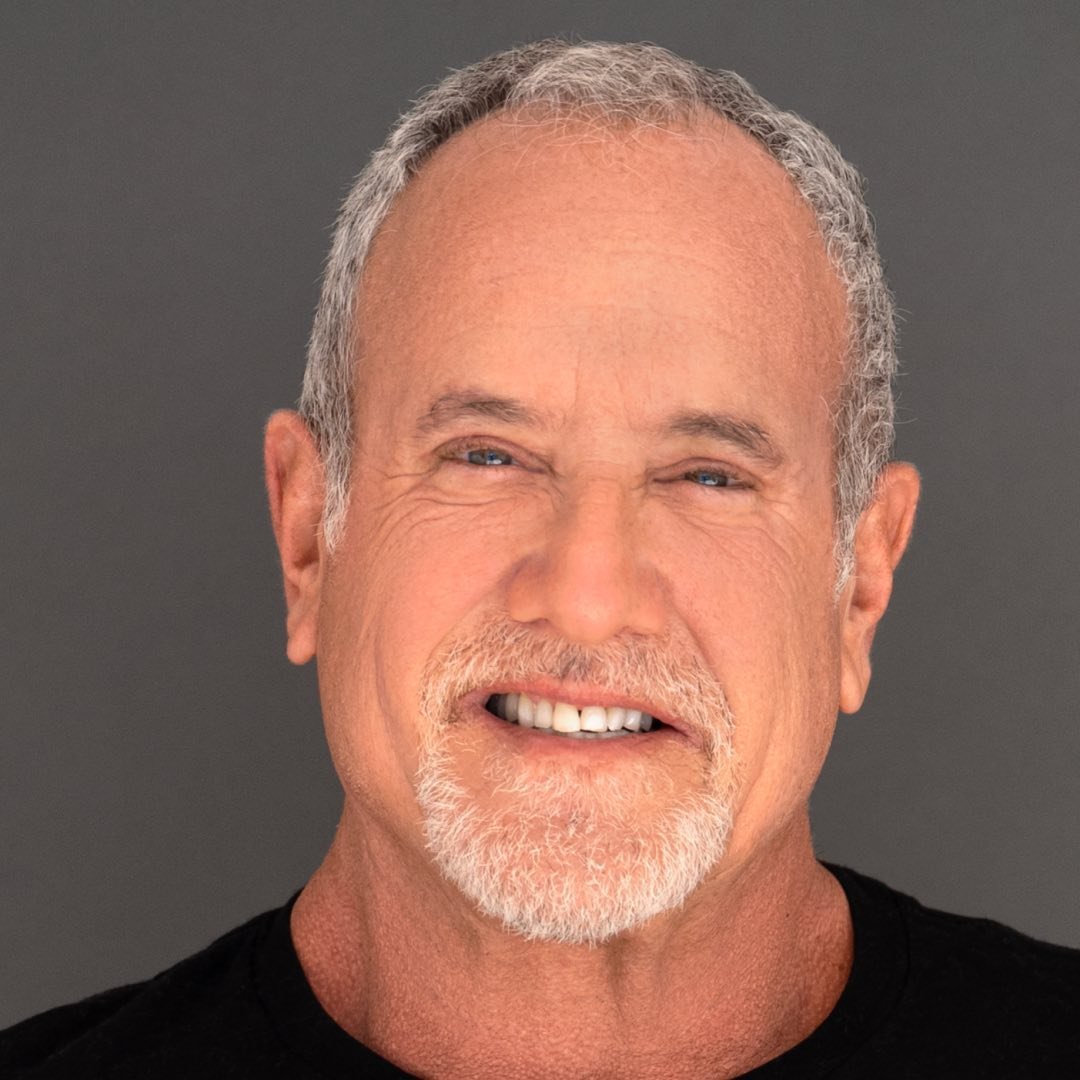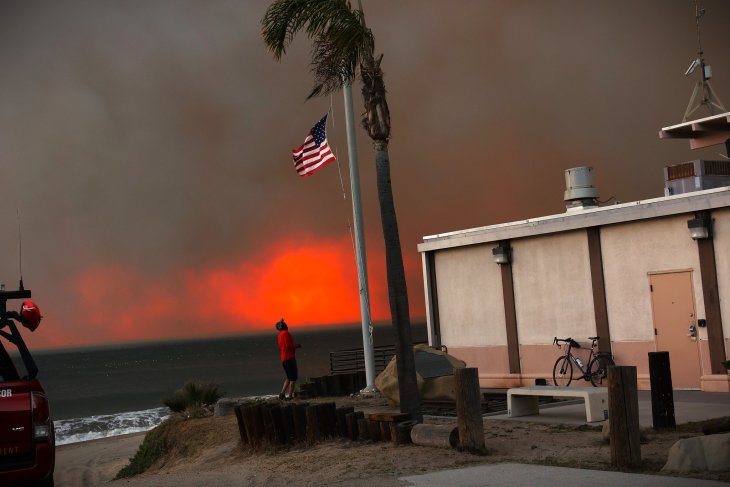By Susan Payne
A 40-year veteran of entertainment public relations, Howard Bragman, died of Leukemia at the age of 66, according to a Caring Bridge journal entry posted by his boyfriend, Mike Maimone.
“The enormity of our shared loss can’t be overstated — Howard was a constant in so many of our lives and the brightest star in his wide constellation of friends and family,” Maimone wrote.
The news came Feb. 11, a major shock to journalists and public relations professionals who worked closely with Bragman.
Bragman co-founded the firm BNC, which was later merged with PMK and his own Fifteen Minutes PR, and later in life, LaBrea Media, serving clients such as Cameron Diaz, Paula Abdul, Stevie Wonder, Sharon Osbourne, Monica Lewinsky, Joe Manganiello, Anna Kendrick, and more, according to NBC News.
Bragman was born in Michigan and graduated from the University of Michigan in 1978, working in Chicago and then Los Angeles in PR. On top of his PR career, Bragman served as an Adjust Professor at the University of Southern California’s Annenberg Center for Communication from 1998 to 2003.
In 2010, Bragman appeared on an episode of “The Real Housewives of Beverly Hills” as Camille Grammer’s representative. In that same year, he was a guest judge on the inaugural season one of “RuPaul’s Drag Race,” according to the NBC News.
Bragman was an openly gay executive and advocate of LGBTQ causes, also advocating for a number of celebrities including actor Meredith Baxter, basketball player Sheryl Swoopes and country singer Chely Wright, NBC News reported.
In 2021, the NBC News said he contributed to a $1 million endowment to establish the Howard Bragman Coming Out Fund on the facilities of the University of Michigan. He announced the fund saying, ““As a fat, Jewish, gay kid in Flint, Michigan, I always felt like a Martian. … This campus allows you to be yourself. It allows you to spread your wings in the way you want to spread your wings. I tell people, ‘Stay strong, even when it hurts.’ And, I promise, it hurts sometimes. But, there are places that will help you ease the pain sometimes. That’s what the Spectrum Center did. That’s what Michigan did.”
“I don’t care how liberal the school is. I don’t care how accepting and loving your parents are. I don’t care how ‘woke’ the times are. Coming out is this most personal of journeys, and it’s a challenging journey,” he said. “It’s so important for students to know they are not alone and that the Spectrum Center is there for them. … It was founded only two years after Stonewall, which we look at as the birth of the modern LGBTQIA+ rights movement. So the center is not a flash in the pan. … I want to assure that other people get that same access that I had; life-changing, life-saving access.”























